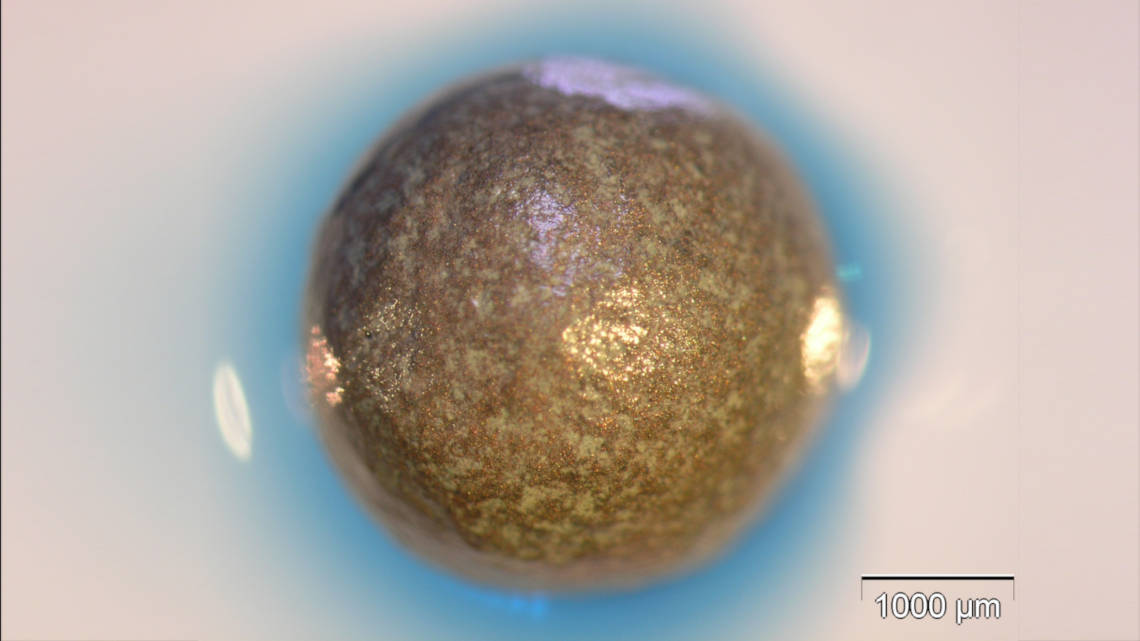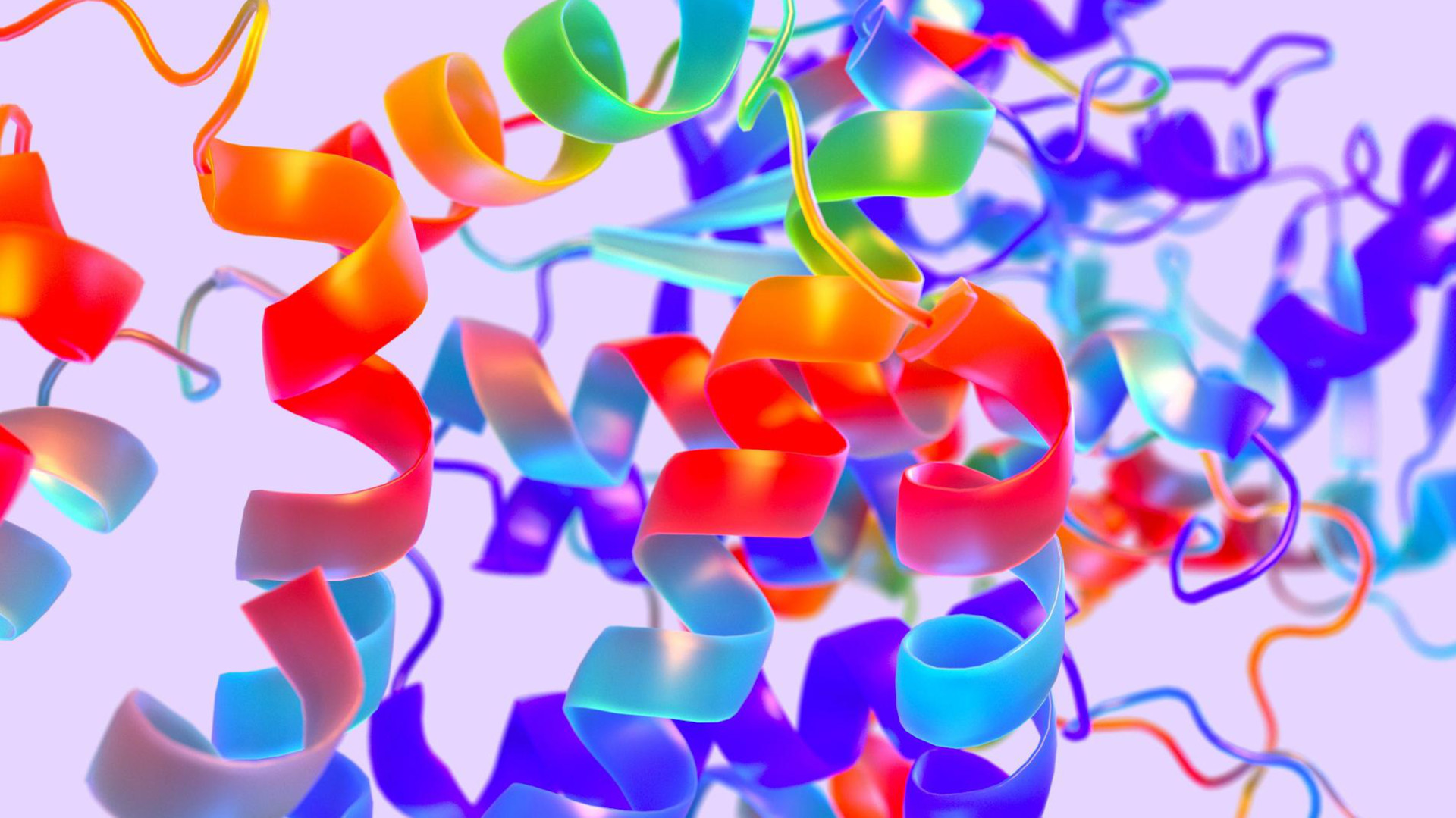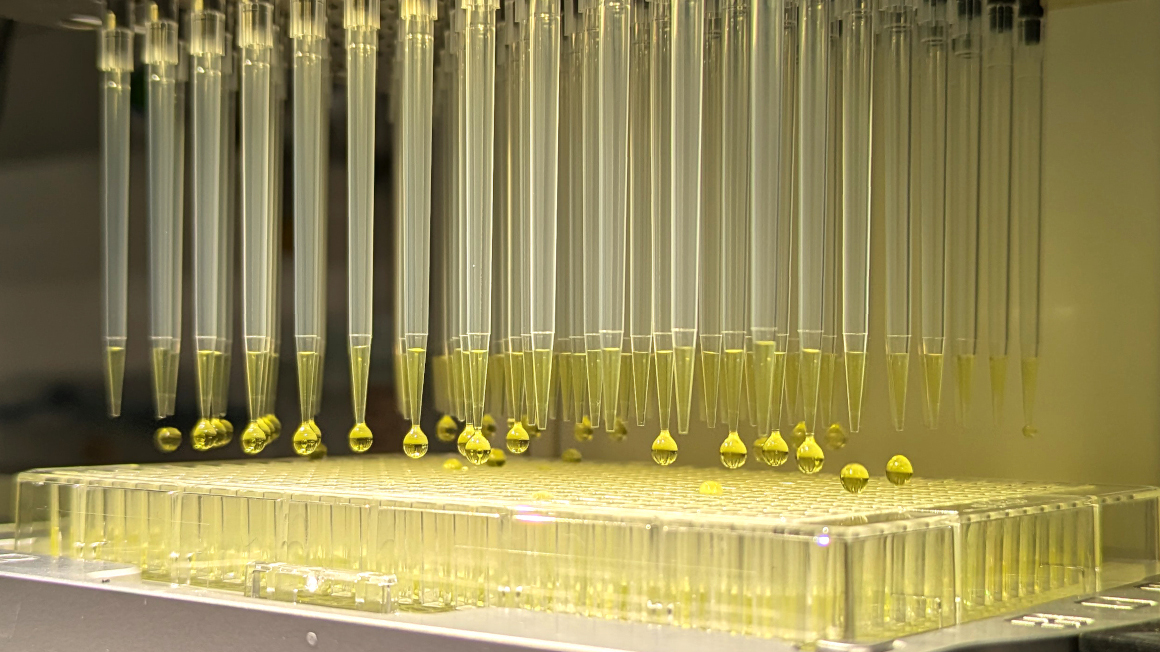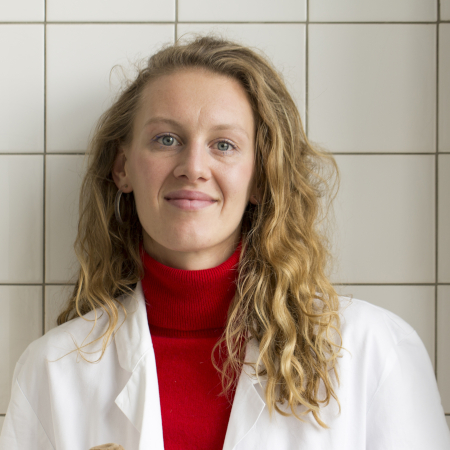Biofilter removes medical residues from water
Bioprocess engineers at TU Dresden have affixed fungal enzymes to metal globules, making problematic chemicals in sewage treatment plants biodegradable.

Hormones from the contraceptive pill turn male frogs into females, antibiotic residues promote the development of resistant bacteria: Numerous chemical compounds, in particular residues from pharmaceuticals, industry and agriculture, cause ecological problems when they enter the environment by way of water. This can can also have health consequences for humans. A new approach aims to make it easier to remove these so-called xenobiotics from wastewater in sewage treatment plants.
Enzymes of the pillar fungus
"The existing three-stage municipal water and sewage treatment plants are only partially able to filter out these pollutants. Even the most modern plants cannot provide complete decontamination," says Anett Werner, head of the "XenoKat" project at Dresden Technical University, outlining the problem. Some micropollutants, such as anti-epileptic drugs, could not be filtered out at all. The problem is the structure. Many of these chemical compounds prevent biological degradation. Now a solution seems obvious: A combination of certain enzymes of the pillar fungus can break up this ring-shaped structure and make the compounds accessible for biological degradation processes, as the TU Dresden researchers found out.
Highly porous spheres as carriers
The challenge was to attach the enzymes to highly porous carriers so that they could act at a defined point within a filter system. The researchers were able to successfully test several materials, including loofah sponges, which are not only cheaply available but also biodegradable. Highly promising were hollow metal spheres of about four millimetres, on which the enzymes were still active even after eight weeks.
The scientists were able to demonstrate that 15 substances can be naturally removed from the water with the help of fungal enzymes - including antibiotics, painkillers, antihypertensive drugs, dehydrating agents and an anti-epileptic. To this end, the water had to remain in the biofilter system for two to eight hours.
Fourth stage for sewage treatment plants
So far, there are no legal limits for these substances in Germany. However, it is likely that a fourth filter stage will be required for wastewater treatment plants in Germany in the future, as is already the case in many places in Switzerland.
The Federal Ministry of Education and Research is funding "XenoKat" with 700,000 euros from May 2017 to October 2019. In addition to the TU Dresden, ASA Spezialenzyme GmbH and the Federal Institute of Hydrology are also involved.
bl/um


